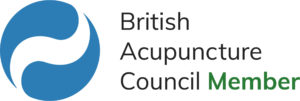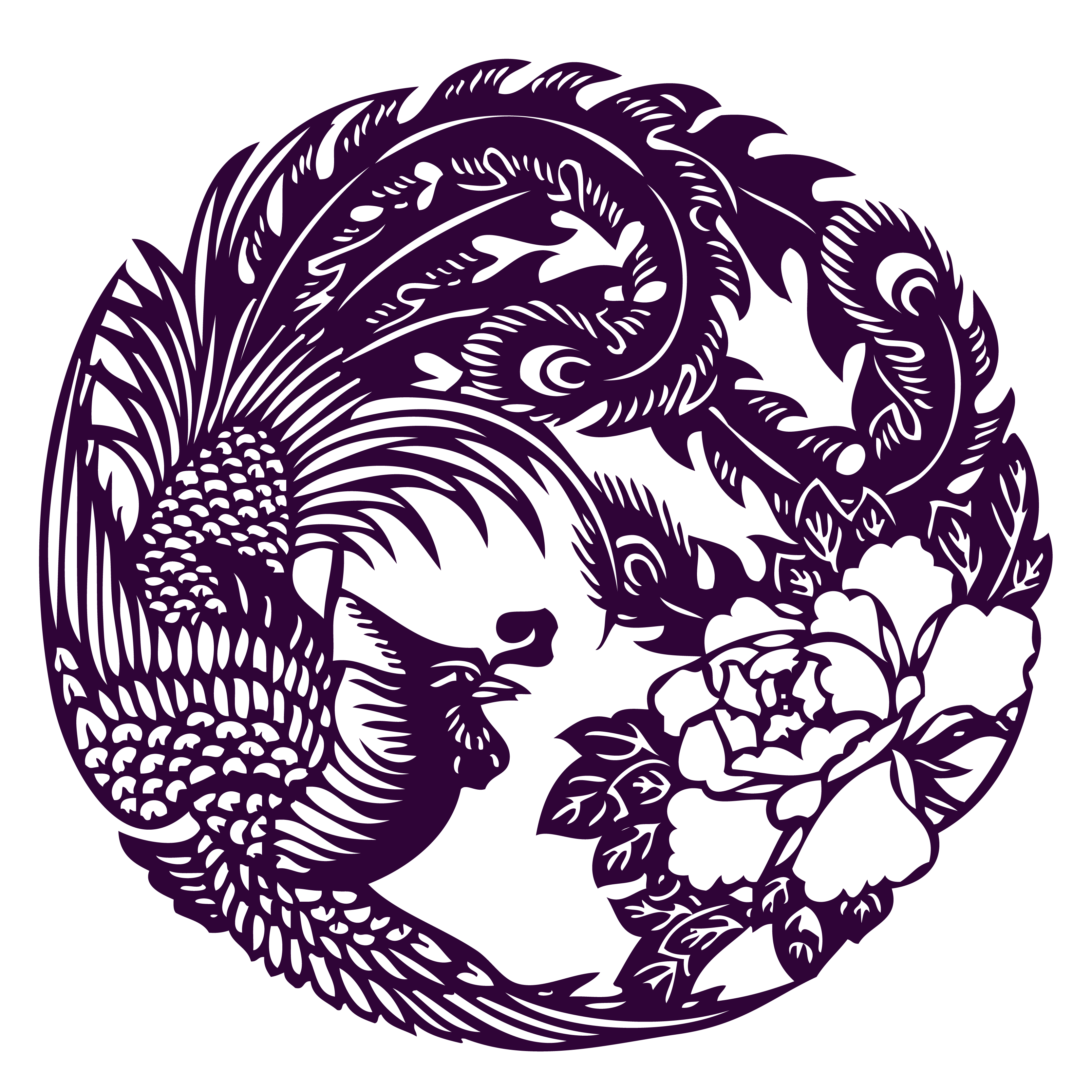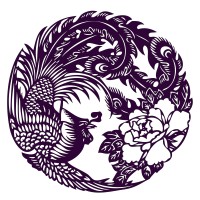Acupuncture
Acupuncture is one of the longest established forms of medical healthcare in the world. It originated in China over 2.500 years ago, has a long canon of literature documenting its evolution and is now practiced globally.
Treatment starts with a diagnosis, a conversation establishing what it is a person is seeking treatment for. Traditional acupuncturists take the focus of the whole person and the complex of one’s being, the physical, emotional and mental aspects of a person’s life. The causes of becoming unwell are usually manifold and require careful attention to detail to understand. There is no one size fits all approach to health and wellbeing and that applies to how we become unwell.
Treatment using fine needles stimulate acupoints on the body to rectify imbalances in function between fluids, blood, muscles and organs. Pathways knows as meridians conduct messages from needled acupoints to specified areas of the body.
Treatment may also use heat in the form of moxabustion, guasha using a jade stone, tuina palpation and cupping to stimulate blood and circulation through the body.
Diet and lifestyle is part of the treatment conversation to discuss habits that help or hinder our health.
The British Acupuncture Council has compiled more than 60 research fact sheets. These look at individual conditions, summaries of research and evidence-based facts on the effectiveness of acupuncture. They include anxiety, stress, migraines, pain relief, arthritis, fertility and pregnancy, circulatory & digestive problems and cancer care.


